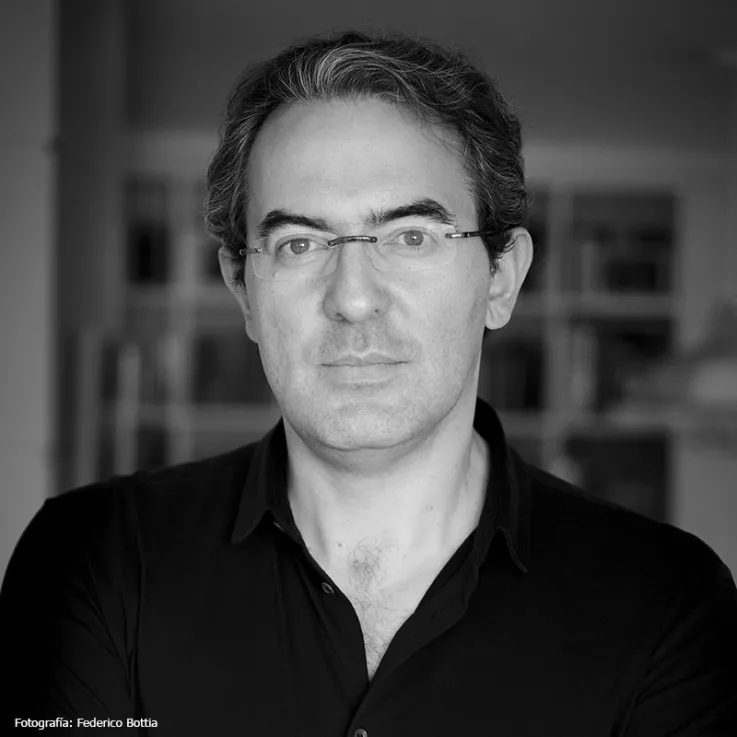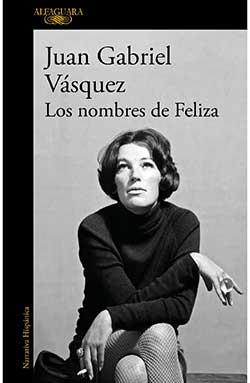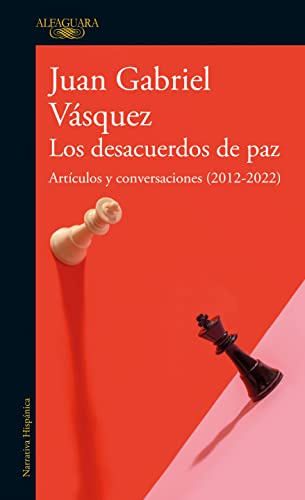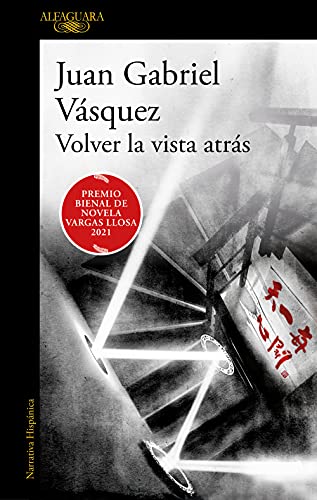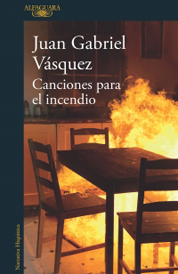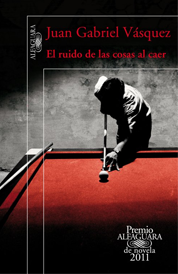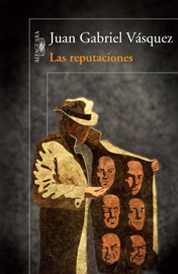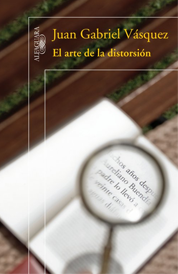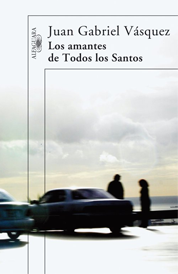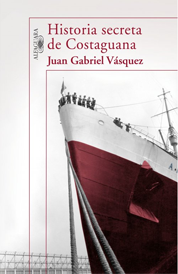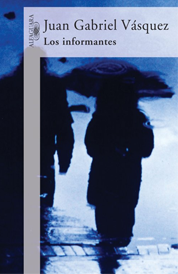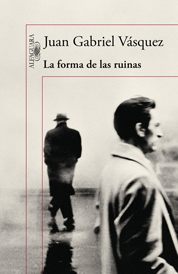Juan Gabriel Vásquez (Bogotá, 1973) is the author of the short story collections The Lovers of All Saints and Songs for the Fire (Colombian Narrative Library Award) and the novels The Informants, The Secret History of Costaguana, The Sound of Things Falling (Alfaguara Prize, Gregor von Rezzori Prize, International IMPAC Dublin Literary Award), Reputations (Royal Spanish Academy Award, Archbishop John of San Clemente Prize, Casa da América Latina in Lisbon Award), The Shape of Ruins (Casino da Póvoa Literary Prize and finalist for the Man Booker Prize), Looking Back (Mario Vargas Llosa Biennial Novel Prize, Prix du Meilleur Livre Étranger, Casino de Santiago European Novel Prize) and Feliza's Names.
Vásquez has also published three books of essays, The Art of Distortion, Travels with a Blank Map, and The Translation of the World; a collection of his journalistic writings on Colombian politics, The Disagreements of Peace; and a book of poems, September Notebook. He has translated works by Joseph Conrad and Victor Hugo, among others.
For his work, he has won the Prix Roger Caillois in France, the Blue Metropolis Prize in Canada, and the Extraordinary Calamo Prize in Spain. In 2016, he was named a Knight of the Order of Arts and Letters of the French Republic, and in 2018, he received the Order of Isabella the Catholic. In 2022, he was named an International Writer by the Royal Society of Literature. His books are published in 30 languages. He is a columnist for El País and a member of the Colombian Academy of Language.
Throughout his career, Juan Gabriel has delivered lectures at some of the world’s most prestigious universities—Oxford, Columbia, Georgetown, Freie Universität Berlin, and the University of Bern, among others—as well as at corporate and industry events. A master on stage, he has engaged in insightful conversations with renowned figures such as Mario Vargas Llosa, Carlos Fuentes, Salman Rushdie, Jonathan Franzen, Philippe Sands, Hisham Matar, Leila Guerriero, Abdulrazak Gurnah, Irene Vallejo, and many more.
